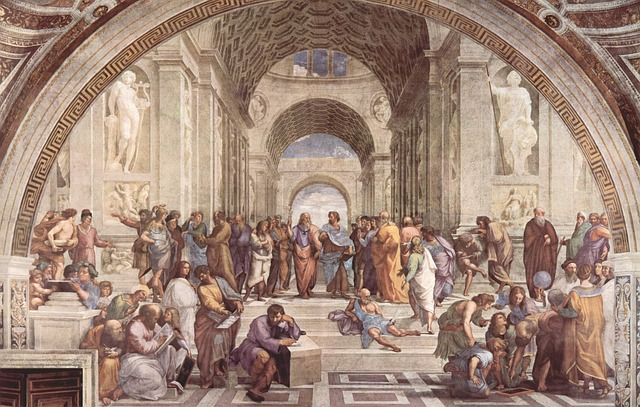【Philosophy】African philosophy cannot be a thing
This essay unpacks several arguments about the metaphilosophic nature of African philosophy and charts a way through the problems these arguments enco... [more]
This essay unpacks several arguments about the metaphilosophic nature of African philosophy and charts a way through the problems these arguments enco... [more]
I use the concept of epistemic injustice to think through the practice and methodology of comparative, or fusion, philosophy. I make two related claim... [more]
One-third of all human deaths are due to poverty-related causes, to malnutrition and to diseases that can be prevented or cured cheaply. Yet our politicians, academics, and mass media show little concern for how such poverty might be reduced. They are mor
This is a broad survey of the chronology of the rift between continental and analytic philosophy, starting in 1899. Whereas at that time there was no discernible divide, as the twentieth century progresses we can see a gradual parting of the ways in which

This article considers the 18 century European Enlightenment as an example of the cross-fertilization between philosophy propounding rationalist-empirical approach, and arts. The example of Sir Henry Raeburn, a Scottish portraitist, is given to illustrate
This paper traces conceptual links between the works of Georges Cuvier and Auguste Comte. The primary conceptual link between the two, and the focus of this paper, is the 'principle of the conditions of existence'. This principle lies at the heart of Cu
Medicine, as Byron Good argues, reconstitutes the human body of our daily experience as a medical body,'' unfamiliar outside medicine. This reconstitution can be seen in two ways: (i) as a salutary reminder of the extent to which the reality even of the

An analytical review of the current situation of Christian philosophy in Russia is presented, aiming to explain. why so much expected renaissance of this philosophy in the post-soviet period did not take place. Russian philosophy is shown to be structural
I attempt to show that Marx was driven by a systematic philosophical goal expressed already in his doctoral dissertation and present throughout his mature political economic theory as well as in his practical political writings. I reconstruct this systema
Aside from his remarkable studies in psychology and the social sciences, Donald Thomas Campbell (1916-1996) made significant contributions to philosophy, particularly philosophy of science, epistemology, and ethics. His name and his work are inseparably l
Drawing heavily on Wittgenstein, Winch's The Idea of a Social Science advanced a forceful and still valuable critique of positivist/empiricist conceptions of social science. In its more self-confident assertions concerning the nature of philosophy and so

Examples of tipping suggest that the distinction between tipping, bribery and extortion call be questioned. Some well known ideas about bribery will not work if extended to tipping and, indeed, these analyses may founder whether or not tipping, bribery an
Hegel's interpretation of Plato's political thought provides the principal illustration of his metaphilosophy. However, Hegel has been criticized for imposing his own metaphilosophical agenda upon Plato's work, and for consequently overestimating its d
In this paper, I give a metaphilosophical analysis of the core idea of deflationism by discussing some basic conceptual and methodological issues involved in the debate between deflationism and substantivism. In so doing, I argue for three positive points
It is widely thought that sceptical arguments, if correct, would show that everyday empirical knowledge-claims are false. Against this, I argue that the very generality of traditional sceptical arguments means that there is no direct incompatibility betwe
This paper criticizes Analytic philosophy with its reliance on intuitions in pursuit of conceptual analysis. Rejecting naturalism as an alternative philosophical method, I offer in its place a pragmatic and revisionary conception of philosophical method.
This essay is in part a response to the rhetoric of the 'two cultures' revived by the 'science wars' conducted in recent years through the mass media against humanities disciplines, especially 'post-modern' art, cultural studies, and non-analytic ph